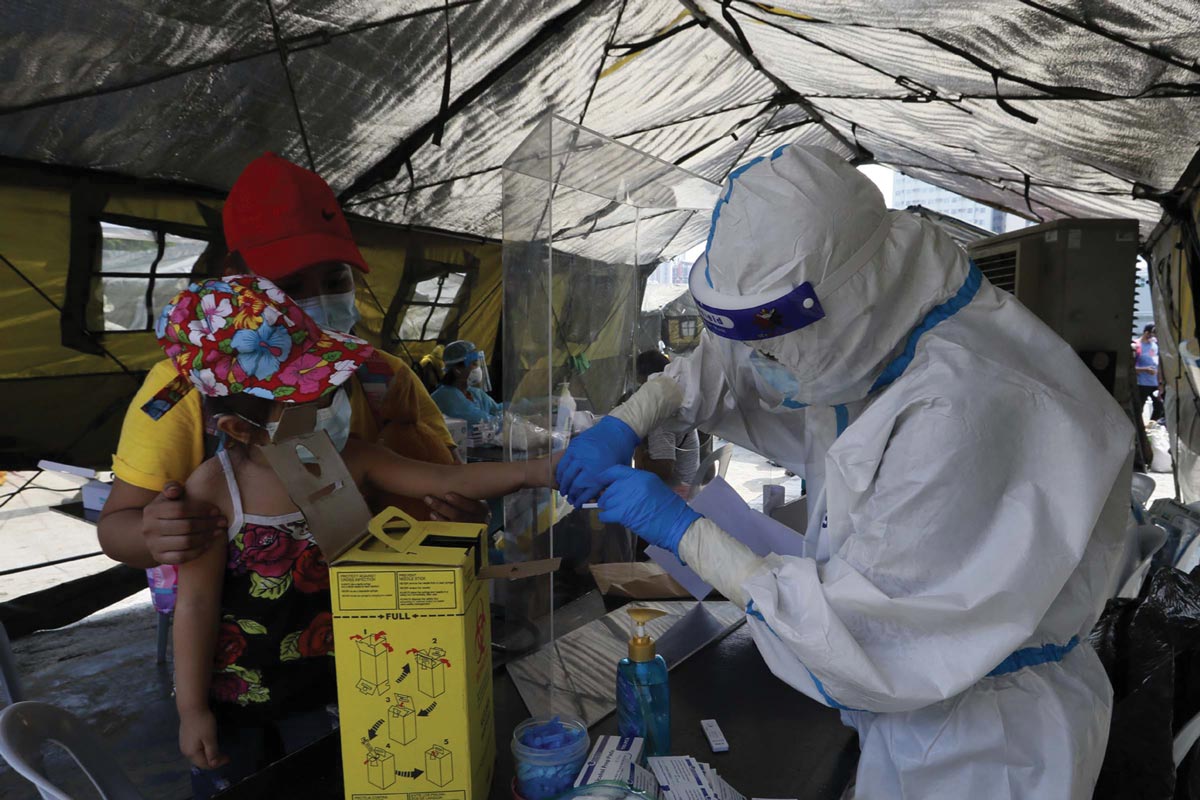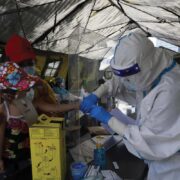
THE Philippines has failed to beat the prediction of the University of the Philippines (UP), which projected 85,000 cases of the novel coronavirus by July 31, Malacanang admitted on Wednesday, July 29.
“The forecast happened and I see no reason why we should celebrate. It’s very sad,” said Presidential Spokesperson Harry Roque.
However, he maintained that the government’s COVID-19 response was not an absolute failure.
“I think we’ve been rather successful because we’ve limited mortality rate, and in the end that’s what matters – how many people perished because of the pandemic. I think that strides also in treating COVID, has contributed to this fact that mortality is still way below the world threshold,” Roque said.
“We can only look at our former colonial master and look at the mess that they’re in, the United States ‘no and even England. We’re far shot from the crisis that they have in the US, in England and the rest of Europe,” he added.
There are 85,486 confirmed cases of COVID-19 in the country, with 1,962 fatalities and 26,996 recoveries, as of press time.
UP researchers initially projected that the number of infections in the country could rise to 60,000 by the end of July. They later revised their prediction to 85,000 based on the disease’s transmission rate and doubling time.
New quarantine classifications
Roque said President Rodrigo Duterte will announce the updated quarantine measures on Thursday, July 30.
“As always, I can’t announce it, because it will be the president that will announce it on Thursday, if I am not mistaken. And there’s still appeals to be made by the local government units. So the recommendations are all preliminary subject to finalization on Thursday,” he told CNN Philippines.
The spokesman, however, did not provide a direct answer to the possibility of Metro Manila reverting to modified enhanced community quarantine.
“Metro Manila will be a living experiment and it’s an experiment that we believe we can be successful at, and it will be something that we can be proud of,” Roque said.
He also hinted at “major changes” in the government’s COVID-19 response.
“Definitely it’s not going to be status quo. No, it’s not going to be status quo. Nothing will be status quo from this classification,” he said.
“Let’s just say that things will not be the same, there will be major changes in our response to the pandemic,” Roque added.






